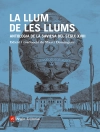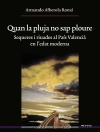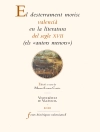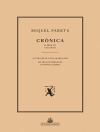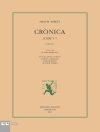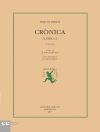A rich analysis of the mindset of Puritans and of their theology which justified military action and acts of killing.
This book recounts Puritan struggles for military dominance and for an authoritative interpretation of God’s agency in war. It asks: What did Puritans say was God’s will in warfare; and how did they claim to know? It applies the term ‘military providentialism’ to this attempt to understand God’s will and agency in war; and the term ‘godly violence’ to an act of killing that was deemed to be both just and holy. The book explores these themes by examining Puritan warfare against four groups: Native Americans, royalist Episcopalians, Irish Catholics and Scottish Presbyterians. It employs a wide range of printed and archival sources: sermons, treatises, official documents, newsbooks, letters, diaries, poems and objects related to material culture; and considers private providential interpretations written by obscure individuals alongside published works by more prominent people. Overall, the book provides a rich analysis of the mindset which sustained Puritan political theology and military action at the time when Puritans were at the height of their power on both sides of the Atlantic.
Table of Content
List of Images
Acknowledgements
List of Abbreviations
Conventions
1. Puritan Theology and the Pressure of War
2. Military Providentialism
3. Godly Violence
PART I: DAWN
4. Mystic Massacre (1637): ‘Divine Slaughter by the Hand of the English’
5. Naseby (1645): ‘Non nobis Domine, non nobis’
PART II: DAY
6. Drogheda (1649): ‘Christ begins to reign as a Man of Blood’
7. Dunbar (1650): ‘An Achan in the Scots Army’
PART III: DUSK
8. Great Swamp Fight (1675): ‘Terrible things in righteousness’
9. Conclusion: Cross Conflict Comparison
10. Afterword: A Candle in the Dark
Bibliography
About the author
MATTHEW ROWLEY is a Visiting Assistant Professor of History at Fairfield University, and was elected a Fellow of the Royal Historical Society in 2021.


